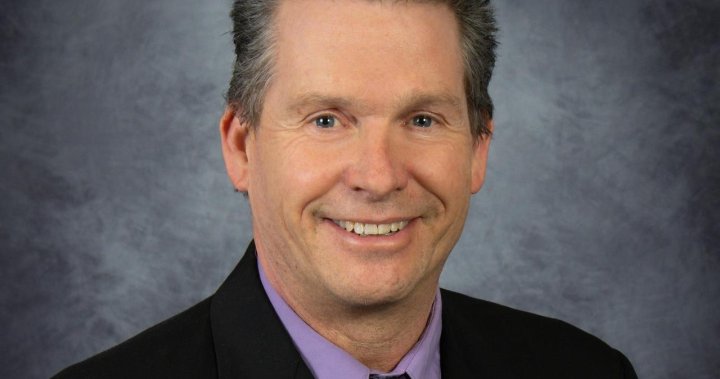A controversy erupted in western Manitoba after school trustee Paul Coffey gave a controversial presentation at a public meeting of the Mountain View School Division. In his half-hour talk, Coffey made offensive comments about racism and anti-racism, suggesting that residential schools served a ‘good’ purpose, criticizing land acknowledgements, and refusing to use the term ‘white privilege.’ These remarks were criticized as ignorant and offensive by local leaders and educators, sparking public backlash and disbelief in nearby communities. Coffey also stated that schools should not post signs recognizing inclusivity and that he refuses to use acronyms when discussing members of the LGBTQ+ community.
Following the public outcry, the school division released a statement distancing itself from Coffey’s remarks, emphasizing that he was speaking as an individual and not on behalf of the board. Board chair Gabe Mercier reaffirmed the school division’s commitment to creating an inclusive environment where all students and staff feel valued, denouncing all forms of racism. Retired teacher Cam Bennet, who spent over three decades teaching in the division, expressed shock and disbelief at Coffey’s comments, noting that the negative attention detracts from the good work toward reconciliation that educators are dedicated to.
Chief Cornell McLean of Lake Manitoba First Nation condemned Coffey’s presentation as a disturbing example of ignorance toward First Nations people and reconciliation. McLean highlighted the hurt imposed on Indigenous people by residential schools and criticized Coffey for not acknowledging the government and the Pope’s apologies for the wrongdoings. The Northwest Metis Council and the City of Dauphin also issued public statements denouncing Coffey’s views as a setback to efforts toward truth and reconciliation, emphasizing the importance of understanding and respecting each other’s differences.
Northwest Metis Council vice-president Frances Chartrand described Coffey’s comments as a direct assault on truth and reconciliation efforts, urging the school division to take appropriate measures to rectify the situation. Dauphin mayor David Bosiak echoed these sentiments, expressing deep concern over Coffey’s views and emphasizing the importance of open dialogue, education, and upholding the dignity of every individual in the community. Both local leaders stressed the need to continue implementing the recommendations of the Truth and Reconciliation Commission and not allow naysayers to derail the progress made so far.
The controversy surrounding Coffey’s presentation has not only caused outrage in the community but has also raised concerns about the impact on educators and students working toward reconciliation in the Mountain View School Division. Cam Bennet, who recorded the land acknowledgement used by schools in the division, highlighted the positive work being done in classrooms and expressed disappointment that negative attention is overshadowing these efforts. The incident serves as a reminder of the ongoing challenges in addressing racism and fostering inclusivity in educational institutions and communities, emphasizing the need for open dialogue, understanding, and respect for diverse perspectives. As the school division continues its work with Indigenous partners and focuses on reconciliation, the incident involving Coffey has sparked reflection and calls for accountability to uphold the values of inclusivity and respect for all individuals.


